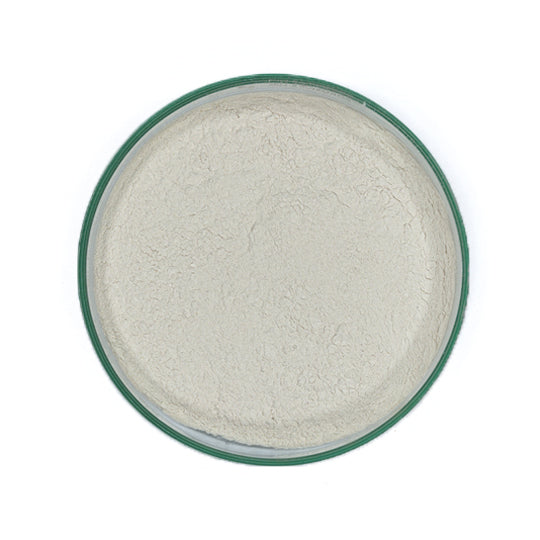No denials; we all know pimples and acne are the most embarrassing things we suffer from during adolescence. Acne is a situation or chronic condition that occurs mainly on the face, chest, back, and shoulders. During the adolescent or puberty age, it is most common and sometimes persists till adulthood.

We always seek to find ideal solutions to help us stay safe from this issue. And face masks are an effective solution that treats all types of acne if we use the right ingredients. The best part? You can make a homemade face mask for acne and pimples, and it can easily prevent your skin issues in a blink. Let's discuss some acne, their types, and how we can treat them with homemade face masks.
What Is Acne & Its Types
Acne, scientifically known as Acne vulgaris, is a non-contagious and chronic skin condition that is caused due to blocked hair follicles with oil and dead skin cells.
Generally, this condition is associated with hormonal fluctuation during the teenage years but sometimes gets dragged to adulthood. Generally, oily skin is more prone to acne and pimple problems. Let's make you understand them in detail and their types.
Types of Acne
There are two main types of acne:
Inflammatory Acne: These types of acne are generally known as comedo, blackheads, and whiteheads.

Non-inflammatory Acne: They are known as pustules, cysts, nodules, and non-inflammatory papules.
Top 11 Homemade Face Masks For Acne Prone Skin
Using a few ingredients, you can easily make homemade face masks for acne-prone skin at home. But with the help of certain natural ingredients that can be easily sourced from your home, you can solve your skin problems.
As we mentioned, oily skin is quite more prone to problems of acne and pimples. It is challenging to take care of oily skin when addressing such issues. Here are our best DIY recipes for homemade face masks for acne-prone skin.
Avocado And Vitamin E Face Mask For Acne
Vitamin E is one great source of a strong immune system which is also helpful in treating stubborn acne-prone skin. Additionally, Vitamin E also reduces the appearance of stubborn acne scars.
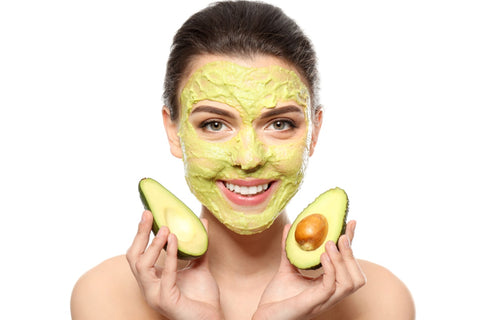
Mixing it with avocado becomes an even more beneficial ingredient for treating and fighting acne. Both the ingredients are rich in powerful anti-acne properties that lead to a clearer complexion.
Ingredients:
- Vitamin E Oil - 1 Tablespoon
- Avocado - 1/2
Method:
Step 1: Remove the skin from half of an avocado.
Step 2: Then mash the avocado in a mixing bowl.
Step 3: Now, add vitamin E oil to the bowl.
Step 4: Mix it very well.
Step 5: Wash your face and neck with normal water.
Step 6: Then apply the mask to your face.
Step 7: Let it sit for 10-15 minutes.
Step 8: Remove the mask and pat dry the face.
Step 9: Follow up with a moisturizer.
Baking Soda And Coconut Oil Face Mask For Acne
You might not believe it, but baking soda is one versatile cleansing agent for the skin. In addition, it is also a natural exfoliant for skin that suits sensitive skin.

When mixed with coconut oil, it becomes a great homemade facial mask that also restores your skin's pH balance which is very important in fighting acne or pimples. Here's how to make a baking soda and coconut oil face mask for acne problems.
Ingredients:
- Coconut Oil - 1 Tablespoon
- Baking Soda - 1 Tablespoon
Method:
Step 1: Mix both coconut oil and baking soda in a bowl.
Step 2: Stir the ingredients to form a smooth paste.
Step 3: To make it more consistent, you can add more baking soda.
Step 4: After washing your face, apply the face mask to your face and neck.
Step 5: Gently massage your skin in circular motions.
Step 6: Rinse it off and pat dry skin.
Step 7: Follow up with a moisturizer.
Aloe Vera And Tomato Juice Face Mask For Acne
If you wish to tone up your skin immediately without any side effects, then the Aloe Vera and tomato juice masks are perfect. It helps your skin prevent breakouts and reduces acne scars or dark spots on your face.

With this homemade mask, you can easily fight acne problems because aloe vera and tomato are rich in antioxidants. This further helps them in fighting all pimple-related problems. Here's how you can make it.
Ingredients:
- Tomato Juice - 2 Tablespoons
- Aloe Vera Gel - 1 Tablespoon
Method:
Step 1: Add tomato juice into the mixing bowl.
Step 2: Then add aloe vera gel to it.
Step 3: Mix it thoroughly to make a paste-like consistency.
Step 4: Wash your face with a mild cleanser.
Step 5: Apply the mask and let it sit for 10-15 minutes.
Step 6: Remove the mask with water and pat dry skin.
Step 7: Follow up with a moisturizer.
Turmeric And Honey Face Mask For Acne
Turmeric has always been a popular natural remedy for treating skin problems, including acne. Both ingredients promote healing effects on the skin, especially the issues like acne, pimples, and scars.

On the other hand, honey also boasts antimicrobial and anti-inflammatory properties, just like turmeric for the skin. Here's how you can make this turmeric and honey face mask for acne at home.
Ingredients:
- Organic Honey -1 Tablespoon
- Turmeric Powder - ½ Tablespoon
Method:
Step 1: Take a mixing bowl and add honey and turmeric to it.
Step 2: Ensure the mixture has a paste-like consistency.
Step 3: Apply it all over your face or the acne-prone areas.
Step 4: Let it sit there for 10-20 minutes.
Step 5: Wash it off.
Step 6: Follow up with a moisturizer.
Bentonite Clay And Apple Cider Vinegar Face Mask For Acne
Bentonite clay is a prominent natural ingredient used as a part of traditional acne remedies. It has great detoxifying effects on the skin and also protects it from UV rays damage.

And apple cider vinegar has astringent properties that help kill acne-causing bacteria from the skin. So get rid of all acne problems with this bentonite clay and apple cider vinegar face mask.
Ingredients:
- Bentonite Clay - 1 Tablespoon
- Apple Cider Vinegar - 1 Tablespoon
- Water - As Required
Method:
Step 1: Mix bentonite clay with apple cider vinegar to make a smooth paste.
Step 2: Add water to give the mixture consistency.
Step 3: Apply the mask to your face and neck area evenly.
Step 4: Let it sit for 10-15 minutes.
Step 5: Wash it off and follow up with a moisturizer.
Tea Tree Oil And Clay Face Mask For Acne
Tea tree oil is one of the best for fighting acne and pimple-like skin problems. It also helps removes excess oil from the skin and eliminates clogged pores from the skin.

It is rich in zit-fighting antibacterial properties, and when clubbed with clay, it becomes a magical remedy to fight acne. Here's how you can make tea tree oil and clay face masks for acne problems.
Ingredients:
- Tea Tree Oil - 3 Drops
- Clay Powder/ Multani Mitti - 2 Tablespoons
- Rose Water - 5 Drops
Method:
Step 1: Take a mixing bowl and add clay or Multani mitti to it.
Step 2: Now add tea tree oil to it along with rose water.
Step 3: Make sure the mixture has a paste-like consistency.
Step 4: Apply a thin layer to your face and let it sit for a few minutes.
Step 5: Wash it off and follow up with a moisturizer.
Multani Mitti And Rose Water Face Pack For Acne
Multani mitti, also known as fuller's earth, is a great remedy for treating all the problems associated with oily skin.

Especially with acne, both Multani mitti and rose water help remove excess dirt and oil from the skin. This helps keep our skin free from acne and pimples with a cooling effect. Here's how you can make this face mask.
Ingredients:
- Multani Mitti - 1 Tablespoon
- Rose water - 5 Drops
Method:
Step 1: Take Multani mitti in a mixing bowl.
Step 2: Mix the Multani mitti with rose water thoroughly.
Step 3: Make sure the mixture has a paste-like consistency.
Step 4: Apply it to your face and let it sit on your skin for a few minutes.
Step 5: Wash it off and follow up with a moisturizer.
Activated Charcoal And Aloe Vera Face Mask For Acne
You might not be aware that activated charcoal is a great ingredient that helps remove excess oil and dirt from the skin. Here's how you can make this mask.

When you use it in your beauty regime, it leaves your skin squeaky clean and prevents acne. In addition, when mixed with aloe vera, it ensures your skin's moisture stays locked and prevents skin breakouts.
Ingredients:
- Activated Charcoal - 1 Tablespoon
- Aloe Vera Gel - 1 Tablespoon
Method:
Step 1: Take a mixing bowl and add both activated charcoal and aloe vera gel.
Step 2: Apply the mixture all over your face.
Step 3: Leave it on your face for more than 10-15 minutes.
Step 4: Rinse it off and follow up with a moisturizer.
Witch Hazel And Clay Mask For Acne
Additionally, it also gives protection to our skin from bacteria. All this helps keep our skin clean, healthy, and free from excess oil that leads to acne.
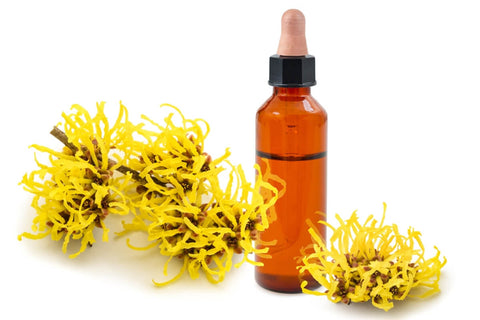
Another amazing face mask you can make at home is witch hazel and clay mask for acne. The main ingredient, witch hazel, has astringent and anti-inflammatory properties.
Ingredients:
- Clay Powder - 1 Tablespoon
- Witch Hazel - 1 Tablespoon
- Rose Water - 5 Drops
Method:
Step 1: Take a mixing bowl and add witch hazel to it.
Step 2: Add clay and rose water to the mixture.
Step 3: Mix it thoroughly until you get a paste-like consistency.
Step 4: Wash it off once it dries up.
Step 5: Pat dry skin and follow up with a moisturizer.
Yogurt And Fuller's Earth Face Pack For Acne
Yogurt and Multani mitti face pack is another great DIY recipe that helps improve skin texture and makes it very smooth.

Mixed with Multani mitti is a great exfoliator that removes excess oil from the skin and keeps it clean and healthy. Here's how you can make this DIY yogurt and fuller's earth face pack at home.
Ingredients:
- Fuller's Earth - 1 Tablespoon
- Yogurt - 1 Tablespoon
Method:
Step 1: Mix both the ingredients fuller's earth and yogurt in a bowl.
Step 2: Then adjust the quantities to get a paste-like consistency.
Step 3: Apply it on your face or all the pimple-prone areas.
Step 4: Let it sit for a few minutes.
Step 5: Wash it off and follow up with a moisturizer.
Oatmeal & Argan Oil Face Mask For Acne
This face mask consists of oatmeal and argan oil as prime ingredients. Argan oil is a good natural ingredient that helps fight acne and balances the skin's pH. Here's how you can make this mask.

In addition, the power of oatmeal eliminates clogged pores and leaves your skin with clearer skin. So when you mix these ingredients, you get an amazing oatmeal and argan oil face mask for acne.
Ingredients:
- Oatmeal - 3 Tablespoons
- Water - As Required
- Argan Oil - 1 Tablespoon
Method:
Step 1: Add oatmeal into a mixing bowl.
Step 2: Now add warm water to it.
Step 3: Then add argan oil and mix everything thoroughly.
Step 4: Cleanse your face.
Step 5: Apply the paste to your face and let it sit for 10-15 minutes.
Step 6: After that, slowly massage your entire face in circular motions.
Step 7: Wash it off and pat dry your skin.
Step 8: Follow up with a moisturizer.
Conclusion
So, all these were some of the best homemade face masks or packs you can easily make to eliminate acne problems. And the best part is that these homemade packs are also efficient in treating other skin problems.
So, we onecan say that DIY face masks or packs are truly one cost-effective and natural solution to care for our acne problems—it's time to woo away your acne and pimple issues by trying the above-mentioned face packs for your skin.


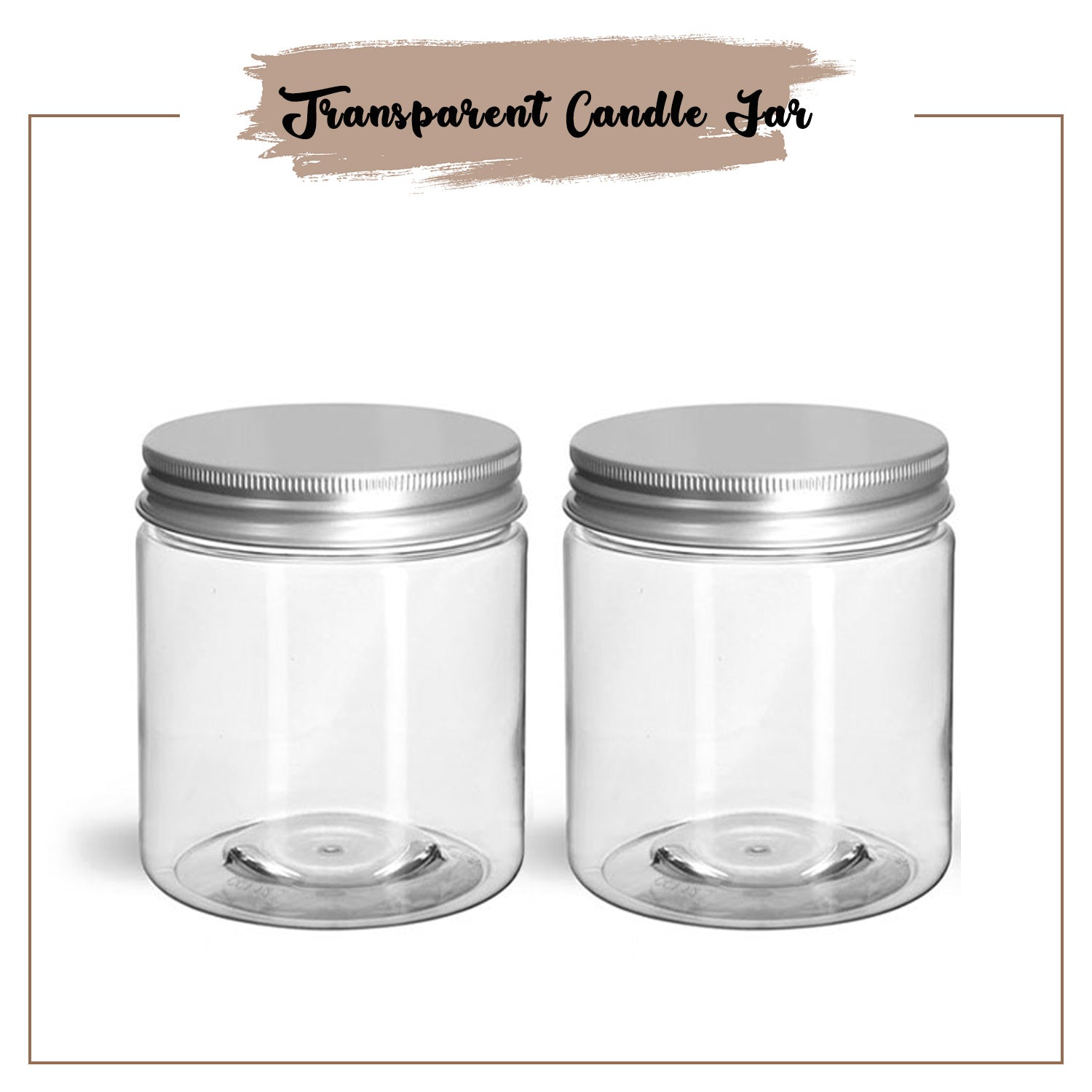

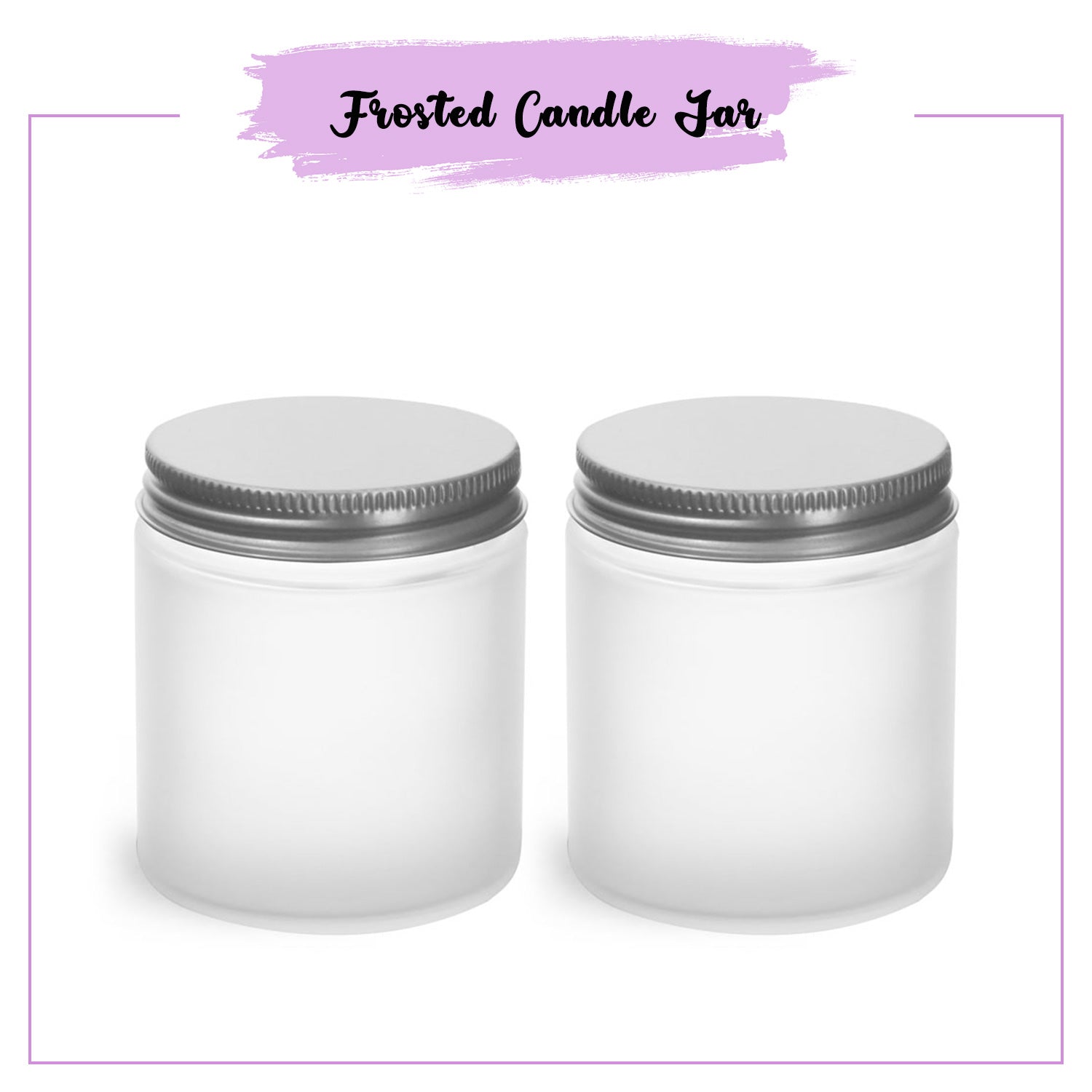

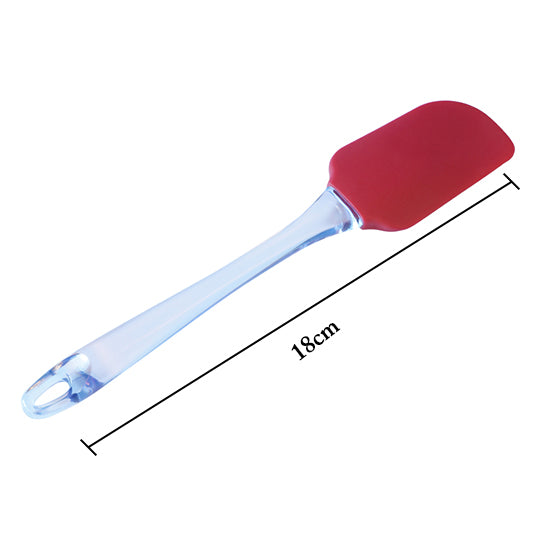

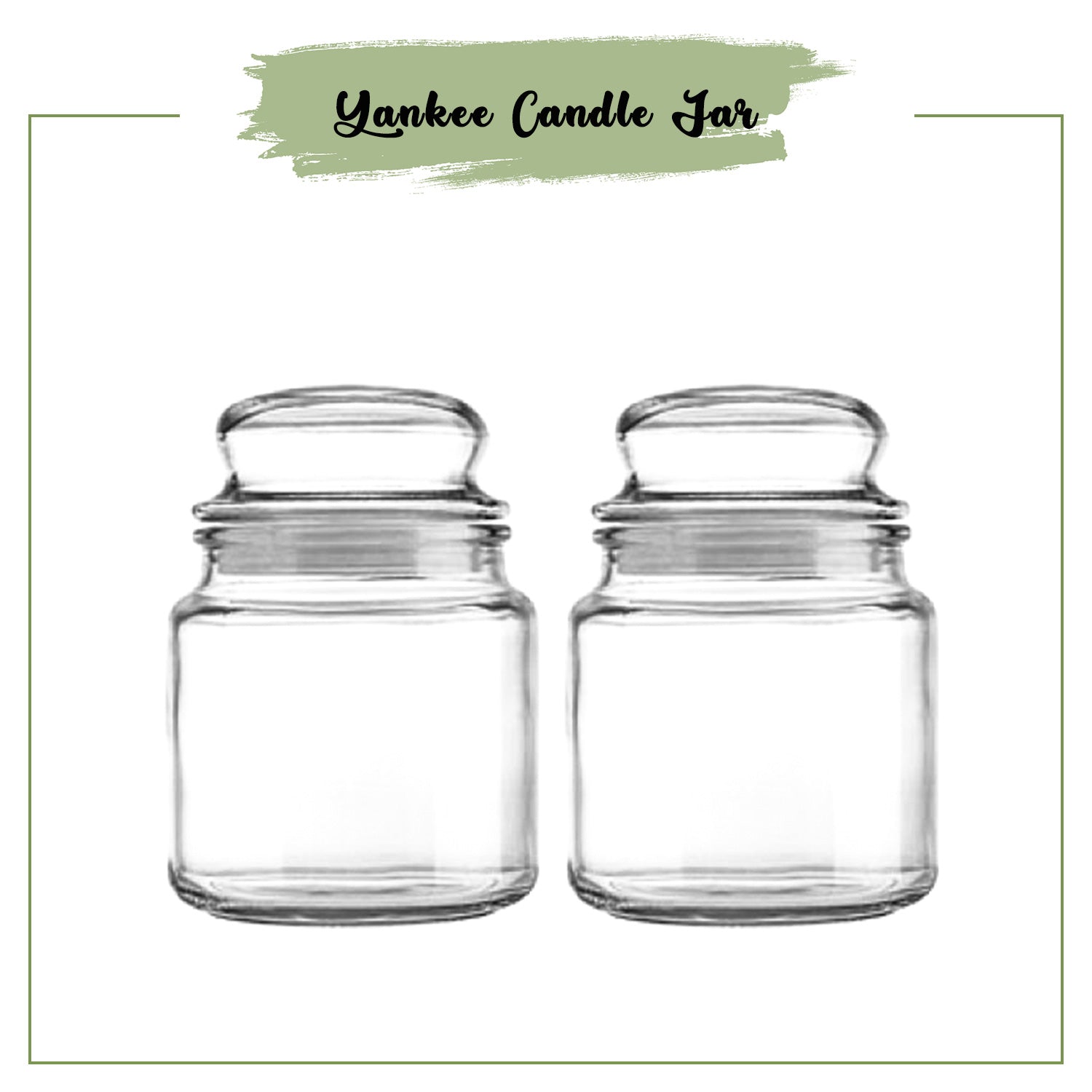

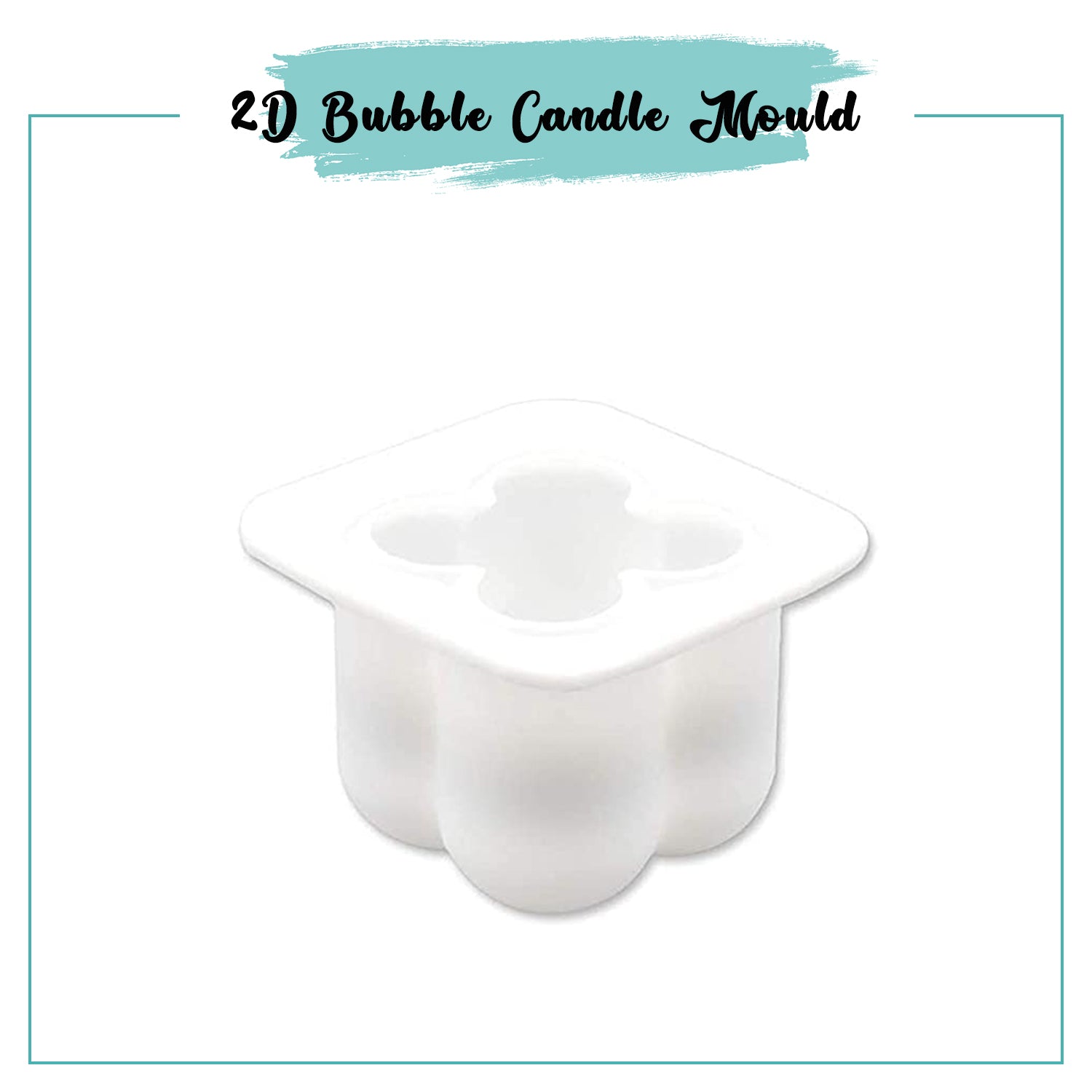


 Sign in
Sign in Register now
Register now My Reward Points
My Reward Points





